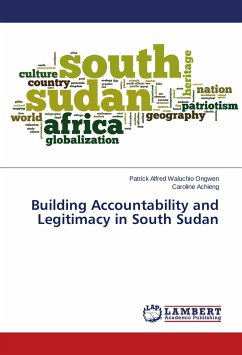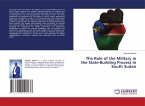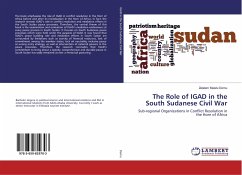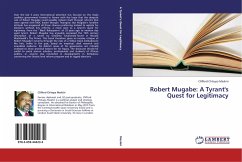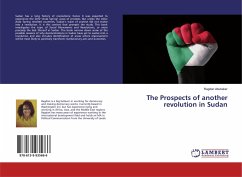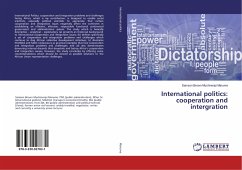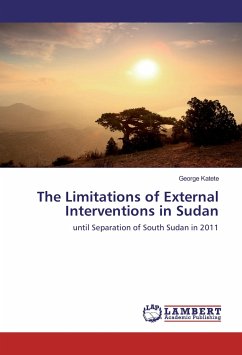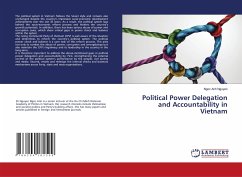The presence of very weak institutions, militarized politics and patronage, ethic-based politics, a powerful executive usually associated with post-conflict states all contributes to weak accountability practices. The public bureaucracy is inefficient with inadequate much needed competencies including records keeping and reporting. In order to ensure public accountability, South Sudan must build viable, efficient, effective and professional public institution. The failure to ensure professionalism in government of South Sudan makes accountability impossible.While in the old Sudan it was difficult to hold a public official whose gun was hidden under his desk to account, in South Sudan public officials and politicians veto any attempt for accountability through cleavages to ethnic/tribal power, regional, military strength to resist the power of the state. It will take a robust shift in the approach to state's management style at all levels of government to achieve accountability inthe new republic of South Sudan.
Bitte wählen Sie Ihr Anliegen aus.
Rechnungen
Retourenschein anfordern
Bestellstatus
Storno

